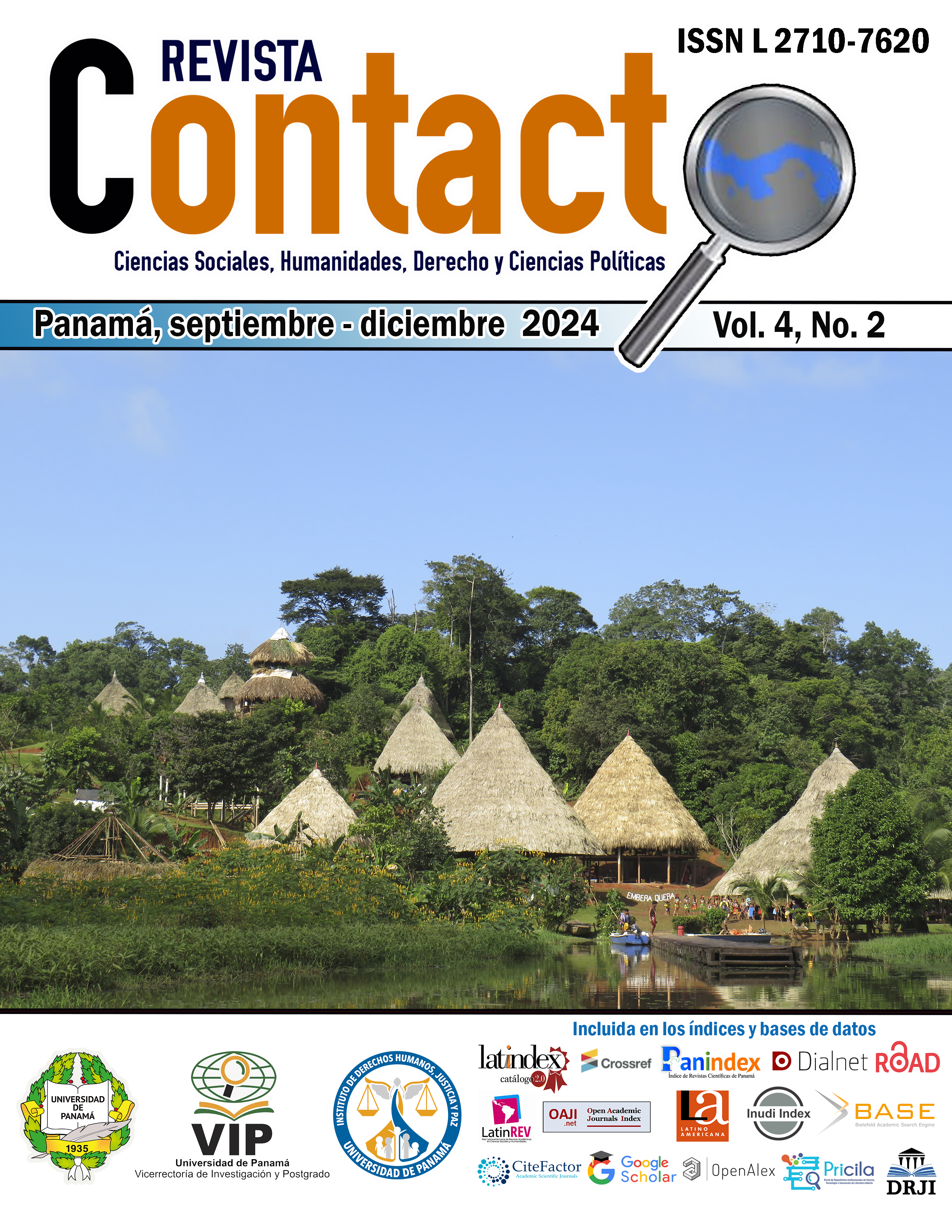

Copyright (c) 2025 Revista Contacto

This work is licensed under a Creative Commons Attribution-NonCommercial-ShareAlike 4.0 International License.
Nullity in a legal act is recognized in that some of its organic elements, will, object or form, among others, has been carried out imperfectly; From the perspective of Law, it accounts for a condition of invalidity that a legal action may have, and causes said act to cease to have legal effects, which is why it takes the act or rule back to the instance of its presentation. . With the objective of explaining, according to the rigor of the invalidity sanction, the absolute nullity of legal acts in Panama, the study is based on the Civil Code, using classic and contemporary authors to address the topic. Methodologically speaking, it is a non-experimental, documentary and transversal study, which is based on the bibliographic review of the topic, based on the conceptualization of the basic elements that make up the object of study. The results show that national legislation interprets nullity as the maximum sanction that the legal system grants for poorly formed acts, so validity becomes important in relation to the deficiency that can be found in the elements, budget or requirements of its conformation.